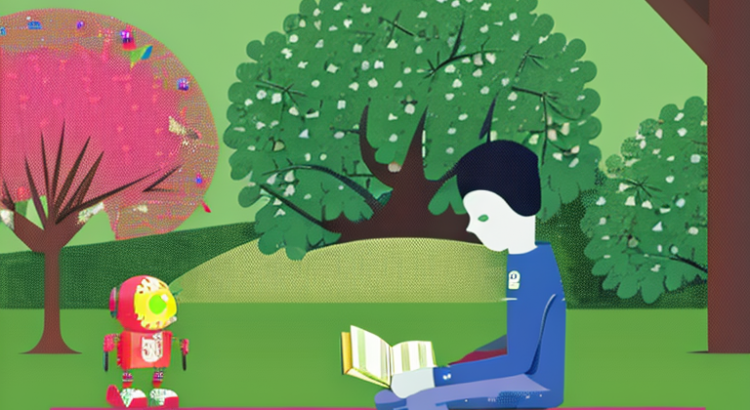We observed the first wave of digital transformation in many sectors during COVID-19. Organizations had two options. Either lose or adapt quickly. The education sector also started to transform into digital by quickly adding more functionalities to their existing digital portals and introducing online teaching. Now I can see that with the introduction of ChatGPT and similar LLM (Large language models) based tools, the education sector is going through the second wave of its transformation. Every academic institution is now concerned about academic integrity and how to respond to these changes. I am also thinking about this challenge as I hear conversations from different parties…yet thinking from a different perspective and a different time frame 🙂
It is good to think about short-term solutions. But my solution is long-term. Rather than policing ChatGPT-like LLM tools and placing more emphasis on academic integrity, the education sector needs to prepare for the repeated waves of disruption in the coming years. This includes leveraging tools like ChatGPT and recreating student learning experiences using AI and immersive technologies.
Outsource memorizing tasks to LLM tools like ChatGPT
Let the students outsource the memorizing task to LLM tools like ChatGPT and design new learning approaches that stimulate their reasoning capacity. Tools like ChatGPT cannot perform reasoning and inferences like humans. I don’t think this will change until we achieve artificial general intelligence which is far far away. Therefore, academic institutes need to re-design their course content to let students use these tools to help their learning journeys. In this way, students’ brains are freed up with more capacity for reasoning and student learning can be directed towards ‘how to think’. The rapid technological advances also mean that we will need to unlearn and re-learn about the world more frequently compared to earlier. So outsourcing memorizing tasks to LLM tools like ChatGPT makes it easier for students to unlearn.
Create unique learning environments using AI and immersive technologies
Back then when I was in the industry in ~2016, I was part of a software development project to design and develop a game engine for university students. Although some universities operate using such simulation models, I believe those are also limited to certain schools and certain course units. Going forward, education institutes need a centralized simulation platform (with the use of AI & immersive technologies) where teachers can customize and configure or even design a game that suits their course. In an advanced design, the game scenarios shouldn’t be static, instead use an AI algorithm to generate the game scenarios themselves. This gives a student a unique experience and I believe using such to grade the student also solves the academic integrity issues to a greater extent.
The need for long-term perspective
This is not an easy project to start. But I do believe this is required in the long run because we should not forget the following two things.
(1) The time it takes to advance technologies is becoming shorter and shorter.
We, humans, are reluctant to think in exponential terms as our brains are geared to think in linear terms. During COVID-19, for the first time, we had to train our brains to think about the disease spread in exponential terms. When I look at rapid progress in AI technologies during the past couple of years, I do believe, it is time to shift our thinking about technological progress in exponential terms.
(2) Digital immigrants should not try to force their reality on digital natives as there is a huge generational gap not only in terms of the way they think but also in terms of how they use technologies.
I’ve observed that digital natives learn fast through the use of technology. Just to draw one example, one of my friends’ kids learn English just by watching English cartoons on a tablet device. She learns French at her kindergarten and her parents speak Sinhalese at home. When I visit her, she speaks with me in English comfortably. I find it fascinating! If their brains work differently towards technology, the responsibility of digital immigrants who run the world currently is to create safer environments for digital natives to consume technology.
These thoughts are based on my readings and experiences. Keen to hear yours 🙂
